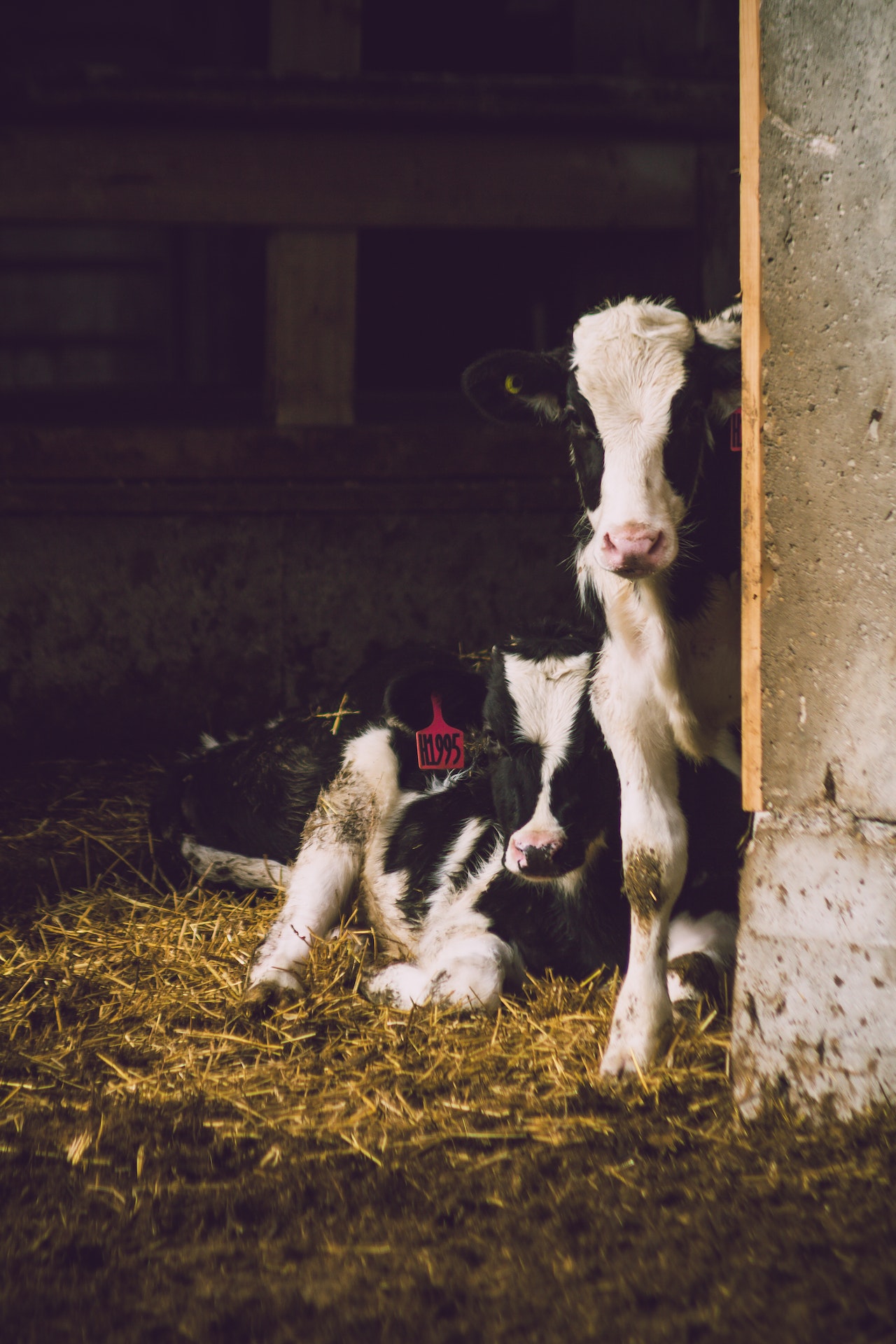
Cows are one of the essential animals on a farm. They provide us with milk, cheese, butter, and beef. If one of your cows is feeling ill, taking immediate action is vital to ensure their wellbeing. However, identifying the sickness is the first step. If you’re unfamiliar with farm animals, it can be a challenge. In this article, we will explore a few helpful tips, guidance, and advice on how to help your cow feel better, whether you’re a farmer with a ranch or a family with a single cow.
Recognize the Signs of Illness
It is crucial to recognize the symptoms of illness in a cow. Most signs are easily identified, such as reduced appetite, low milk yield, standing apart from the rest, and diarrhea. Other indicators include dull eyes, fever, and a dry muzzle. Severe cases will have swollen eyes, bloody diarrhea, and difficulty breathing. If symptoms persist, it’s essential to seek veterinary assistance.
Isolate Sick Cows
If possible, isolate the affected cow separately from the rest of the herd. This prevents the transmission of illness to other cows. Ensure that your space has adequate ventilation, water, and food. Furthermore, keep the area clean by removing manure regularly.
Provide Clean and Safe Water
Cows need plenty of clean and fresh water, even more so when feeling sick. Hence, ensure the water source is clean and the troughs are regularly refilled. Additionally, ensure that the water source doesn’t contain toxins or chemicals that could harm the cow’s health.
Compensate for Reduced Appetite
Cows tend to lose their appetite when feeling sick. Thus, it is crucial to encourage the cow to eat, even if it’s in small portions. You can offer soft, moist feed or hay to help stimulate their appetite. Also, consider giving them supplements like salt and molasses to help hydrate them and provide essential minerals and vitamins.
Seek Veterinary Assistance
If the cow’s condition does not improve, it’s essential to contact a veterinarian. A qualified vet will examine the cow, diagnose the underlying condition, and provide proper treatment. The earlier the vet’s intervention, the better the cow’s chance of recovery. Follow their advice to a ‘t’, whether that means ordering quartermaster medicine for cows or getting up at midnight to feed them, and hopefully, your cow will start feeling better soon.
Caring for a sick cow requires commitment, patience, and some knowledge. In this article, we’ve highlighted some tips to help you manage your cow when feeling ill. Always remember to identify the sickness, isolate sick cows, provide clean and safe water, compensate for reduced appetite, and seek veterinary assistance when necessary. With proper care, your cow will return to good health quickly.


